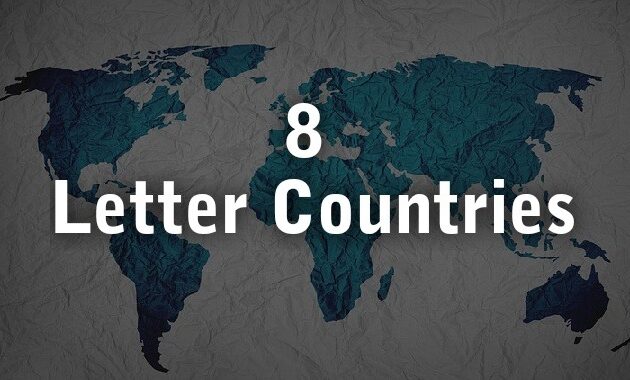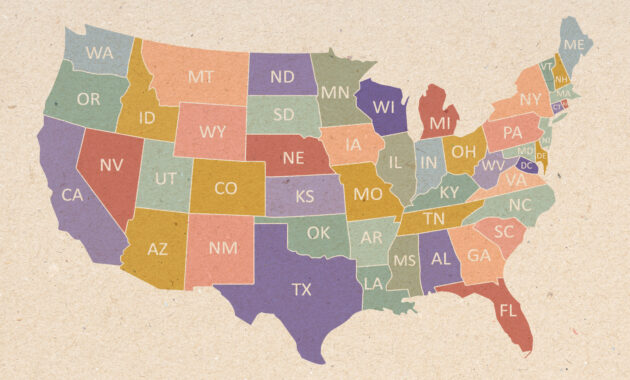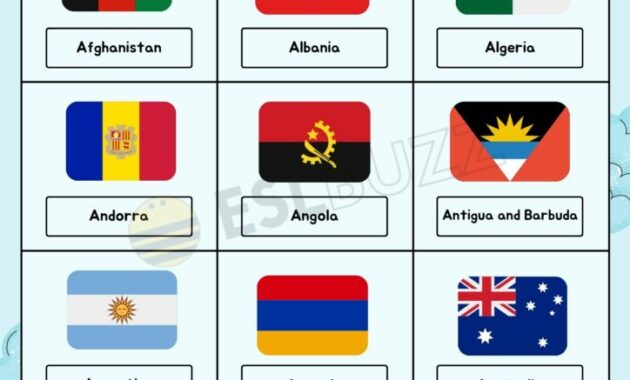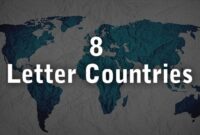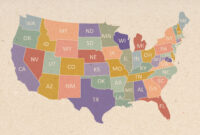Switzerland, a landlocked nation nestled in the heart of Europe, is renowned for its stunning alpine landscapes, prosperous economy, and unwavering commitment to neutrality. This neutrality, deeply ingrained in the Swiss national identity, has played a pivotal role in shaping the country’s relationship with international organizations, most notably the European Union (EU). While many of its European neighbors have embraced EU membership, Switzerland has consistently chosen to remain outside the bloc, a decision rooted in a complex interplay of historical, political, economic, and cultural factors. This choice, however, does not equate to isolation. Switzerland maintains close ties with the EU through a network of bilateral agreements, allowing it to participate in the European single market while preserving its independence.
Why Switzerland Doesn’t Join the EU: A Deep Dive
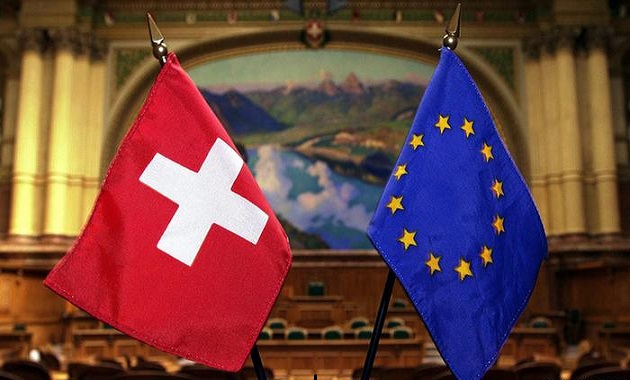
The question of why Switzerland remains outside the EU is not a simple one to answer. It’s a multifaceted issue with deep historical roots. The Swiss Confederation, since its inception, has valued its independence and autonomy. This value is enshrined in its constitution and deeply embedded in the national psyche. The idea of ceding sovereignty to a supranational organization like the EU is, for many Swiss citizens, a bridge too far. Concerns about diluting their direct democracy, where citizens have a significant say in policy through referendums, also play a major role.
Switzerland’s tradition of neutrality, dating back to the Congress of Vienna in 1815, further complicates the matter. This neutrality, although not absolute, influences Switzerland’s foreign policy and its approach to international alliances. Joining the EU, with its evolving common foreign and security policy, could potentially compromise Switzerland’s neutral stance. While Switzerland participates in some EU initiatives, such as the Schengen Area (allowing passport-free travel), it carefully avoids any involvement that could be perceived as compromising its neutrality.
Economically, Switzerland enjoys a high standard of living and a competitive economy, largely independent of the EU. The country has benefited from its access to the European single market through bilateral agreements, which allow it to trade freely with EU member states without being subject to EU regulations and contributions. The Swiss franc, a stable and highly valued currency, is also a significant factor. Many Swiss citizens fear that adopting the Euro would erode their economic independence and potentially harm their financial stability. This economic independence allows Switzerland to tailor its economic policies to its specific needs and priorities, rather than being dictated by the EU.
The cultural identity of Switzerland is another important consideration. Switzerland is a multilingual and multicultural nation, with four official languages: German, French, Italian, and Romansh. This diverse cultural landscape has fostered a strong sense of regionalism and local autonomy. The Swiss people are fiercely proud of their unique cultural heritage and are wary of any external influence that could dilute it. Concerns about immigration, another key factor in many EU member states, are also relevant in Switzerland. While Switzerland welcomes skilled workers, it maintains a relatively strict immigration policy to protect its social cohesion and maintain its high standard of living.
Switzerland and the European Union: A Complex Relationship
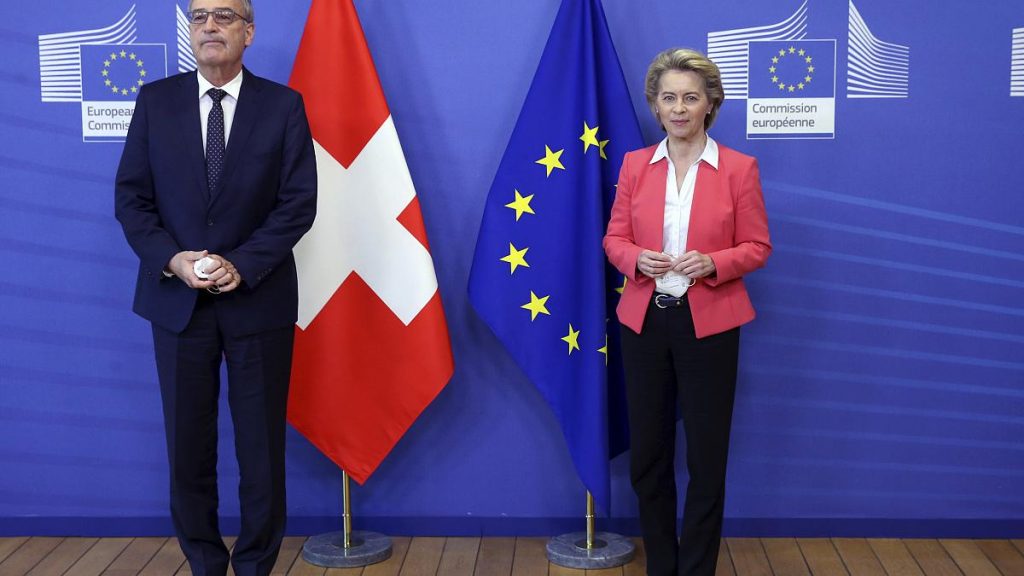
Despite not being a member of the EU, Switzerland maintains a close and complex relationship with the bloc. This relationship is governed by a series of bilateral agreements, which cover a wide range of areas, including trade, transport, research, and security. These agreements allow Switzerland to participate in the European single market, albeit with certain limitations and obligations. Switzerland must adhere to certain EU regulations in order to access the single market, and it also contributes financially to EU cohesion funds. This allows them access and participation without having to abide by the more strict regulations of membership.
The relationship between Switzerland and the EU has not always been smooth. Negotiations over bilateral agreements have been protracted and often contentious. The EU has often pressed Switzerland to adopt more EU regulations in exchange for greater access to the single market. The Swiss, on the other hand, have been reluctant to cede too much sovereignty to the EU. One of the major stumbling blocks in recent years has been the Institutional Framework Agreement (IFA), which was intended to consolidate and update the existing bilateral agreements. However, negotiations on the IFA collapsed in 2021 due to disagreements over issues such as state aid, wage protection, and the role of the European Court of Justice.
The collapse of the IFA negotiations has created uncertainty about the future of the Swiss-EU relationship. The EU has indicated that it will not negotiate new bilateral agreements with Switzerland until the existing issues are resolved. This has raised concerns about the long-term stability of Switzerland’s access to the European single market. There are calls from some quarters for Switzerland to reconsider its position and explore closer ties with the EU, perhaps even membership. However, public opinion in Switzerland remains divided on the issue, and there is no clear consensus on the way forward. The benefits of the single market access must be weighed against the loss of sovereignty.
Looking ahead, the relationship between Switzerland and the EU is likely to remain a complex and dynamic one. The two sides will need to find a way to navigate their differences and forge a mutually beneficial partnership. This will require compromise and flexibility on both sides. The EU needs to respect Switzerland’s unique position and its desire to maintain its independence. Switzerland, in turn, needs to recognize the importance of its relationship with the EU and its need to adapt to the evolving European landscape. The balance will be difficult to achieve and maintain.
Ultimately, Switzerland’s decision to remain outside the EU is a reflection of its deep-seated values and its unique history. The country has chosen a path that prioritizes independence, neutrality, and direct democracy. While this path may present challenges, it also offers opportunities for Switzerland to chart its own course in the world. The relationship of these two entities, interconnected by geography and economics, but separated by ideology and sovereignty, will continue to be an important area of study for the European Union.
If you are searching about Switzerland–European Union relations – Alchetron, the free social you’ve visit to the right page. We have 5 Images about Switzerland–European Union relations – Alchetron, the free social like Edu connect – Around the world, Switzerland and European Union – UPSC Notes and also Switzerland–European Union relations – Alchetron, the free social. Read more:
Switzerland–European Union Relations – Alchetron, The Free Social

alchetron.com
Switzerland European Union Relations Concept Diagonally Stock Photo
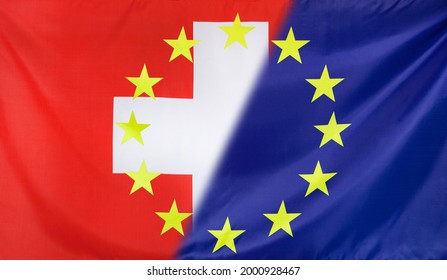
www.shutterstock.com
Edu Connect – Around The World

educonnectconsultant.blogspot.com
Uluslararası Politika Akademisi – (UPA) – WHY SWITZERLAND DOES NOT JOIN

politikaakademisi.org
Switzerland And European Union – UPSC Notes

crackittoday.com
european relation suisse impasse ue crackittoday
Switzerland–european union relations. Edu connect. Switzerland and european union





